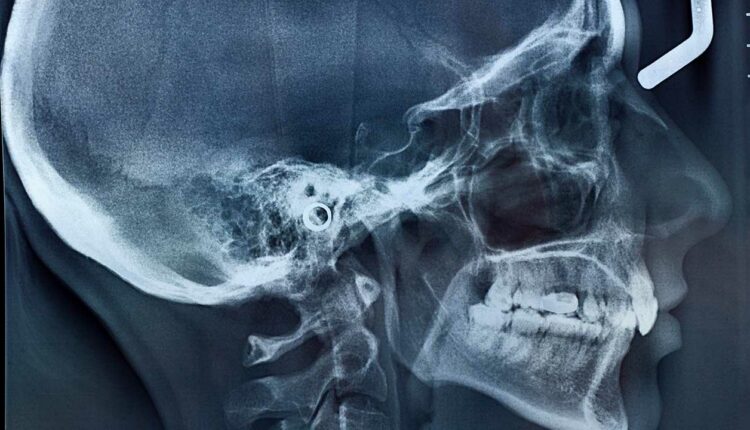 simarik / iStock / Getty Images Plus
simarik / iStock / Getty Images Plus
Oral Health Concerns Interfering With Bisphosphonate Prescriptions
Drugs designed to strengthen fragile bones, especially after a break, may be denied due to poor oral health.
Throughout our lives, bone tissue is constantly being refreshed as our bodies break down and remove old bone followed by new bone formation. But as we age, bone breakdown accelerates to the point that new bone formation can’t keep up. This results in loss of bone density, which can leave us more vulnerable to bone fractures.
Approved by the Food and Drug Administration in 1995, bisphosphonates are a group of drugs that slow bone resorption and improve bone density. They’re used to treat and prevent osteoporosis and related conditions, reducing the risk of fracture. Unfortunately, bisphosphonates, particularly those administered intravenously (IV), have been associated with side effects, including osteonecrosis of the jaw.
HOW IT DEVELOPS
The American Dental Association broadly defines osteonecrosis as necrosis of bone due to obstruction of blood supply. When onset is associated with the use of drugs such as bisphosphonates, the condition is known as “medication-related osteonecrosis of the jaw” (MRONJ), or specifically in the case of bisphosphonates, BRONJ. Although this relationship is not yet well understood, it is thought to have something to do with the drugs’ interference with the body’s bone turnover and repair capabilities.1
First reported in 2003, BRONJ is relatively rare, occurring in between 1% and 10% of patients taking the drugs.1 It is said to most often manifest as jaw pain in someone receiving IV bisphosphate treatment, becoming evident after bone-invasive dental procedures such as extractions or other types of dental surgery. Once the jawbone is exposed and signs of inflammation develop, it can progress to other facial structures, including sinuses. Treatment may range from antibiotics and pain relievers to debridement of dead bone cells and sinus surgery. In severe cases, teeth and parts of the jawbone may be lost.2
POOR ORAL HEALTH A FACTOR
Japanese researchers recently investigated the current state of post-operative bisphosphonates prescriptions in relation to BRONJ. Between August 2019 and April 2020, they studied 149 older adults with hip fractures being treated at Kyushu Central Hospital in Fukuoka, Japan.3 All patients in the study were assessed by a dentist to determine their risk of jaw osteonecrosis prior to taking bisphosphonates.
The researchers reported the percentage of hip-fracture patients in their study prescribed post-operative bisphosphonates was low (18.8%). Most patients could not be prescribed post-operative bisphosphonates because of oral hygiene problems, lack of regular dental care, or poor post-discharge follow-up.
PREVENTION STRATEGIES
The researchers noted that oral self-care in the patients appeared to be diminished, likely due to loss of physical function. They concluded that coordination with dentists may be an important factor in boosting post-operative bisphosphonate prescription rates.
Because a prime risk factor for developing BRONJ is poor oral hygiene, good oral care is paramount. In fact, according to a 2011 ADA report, “sound hygiene practices and regular dental care” were chief among the recommendations for lowering the risk of MRONJ.4
REFERENCES
- American Dental Association. Osteoporosis Medications and Medication-Related Osteonecrosis of the Jaw.
- Cleveland Clinic. Osteonecrosis of the Jaw.
- Inoue H, Oyama R, Nakamura K, et al. Bisphosphonates prescription for patients with hip fractures based on evaluation by a dentist.
- Hellstein, JW, Adler RA, Edwards B, et al. Managing the care of patients receiving antiresorptive therapy for prevention and treatment of osteoporosis. J Am Dent Assoc. 2011;142:1243–1251.

